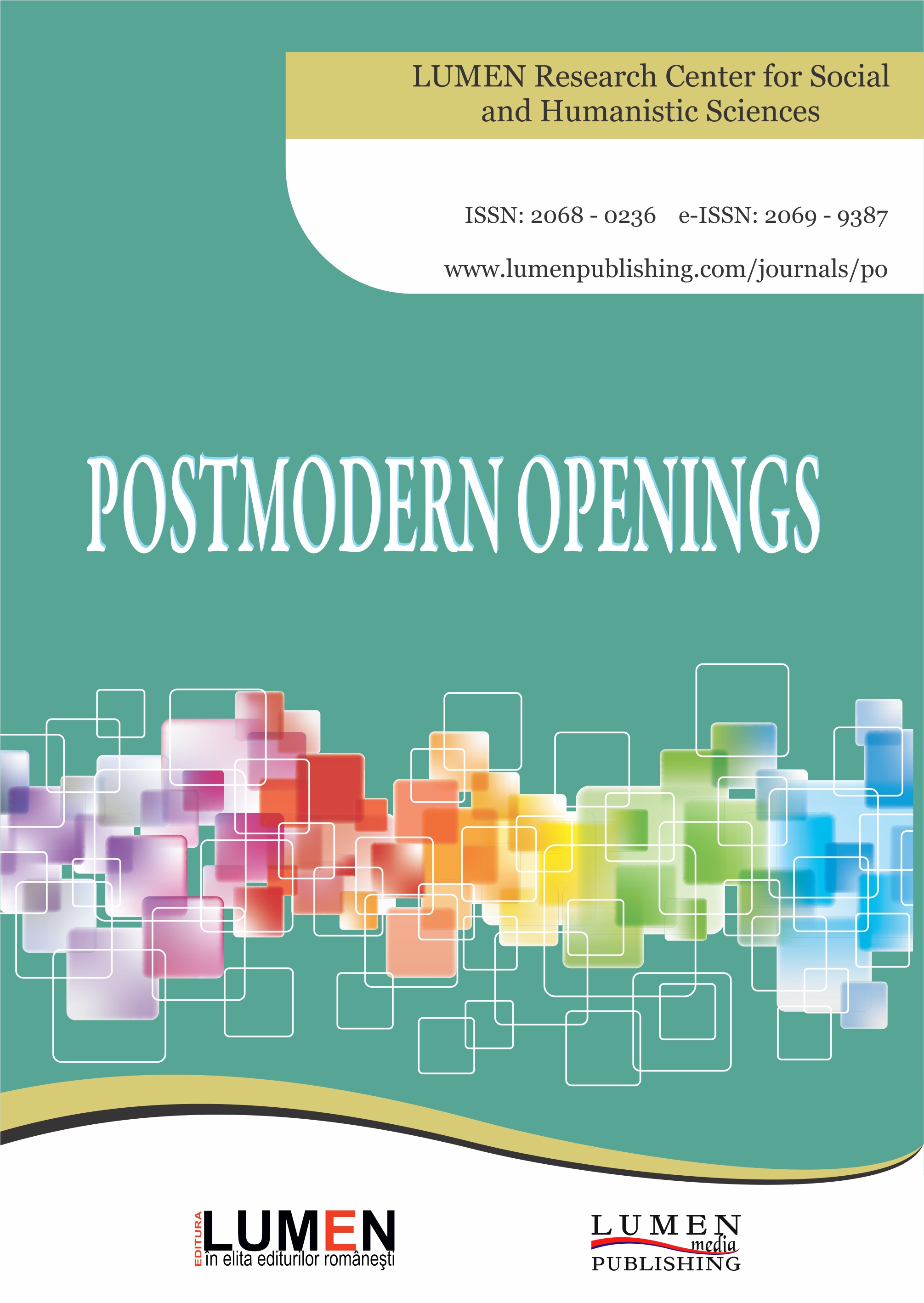Physicians Professional Immunity in the COVID-19 Pandemic. Problems and Solutions
Physicians Professional Immunity in the COVID-19 Pandemic. Problems and Solutions
Author(s): Viorel RotilăSubject(s): Law, Constitution, Jurisprudence
Published by: Editura Lumen, Asociatia Lumen
Keywords: doctors;professional immunity;malpractice;COVID-19;limitation of liability;
Summary/Abstract: In this article, by professional immunity we refer to limitation of liability to the specific pandemic context, respectively to the concrete possibilities of diagnosis, treatment, care and too few degrees of professional freedom still available. The relevance of one or another of the limitation measures of professional liability depends on the specific legal context of each community. Our thesis is that, regardless of the form of transposition into practice, a form of health professionals protection, such as professional immunity is necessary. From the multitude of possible protection measures, each state can select the appropriate ones. The need for specific measures for professional immunity is not identical in each state, depending on the specifics of the legal system, social values, measures characteristics taken to combat the pandemic, the degree of transparency of each healthcare system, the level of bioethical principles influence. However, this need doesn`t start from "no measure", the appropriate minimum level of protection seemingly to constitute a patient compensation no-fault model, plus the characteristics of the professional immunity, designed to adapt liability to specific conditions. The main problem in the absence of professional immunity is the risk of transferring the cost of ignorance, visible, in the inadequate expectations of medical science, on healthcare professionals, the limits of scientific knowledge risking to be reinterpreted as medical fault. The COVID-19 pandemic has somehow forced an additional step towards broadening discussions on universal human rights, being forced to consider ways of putting them into practice in the context of limited resources. Assuming that the increase in social complexity increases the risks of such events, we approach these problems from the perspective of creating rapid mechanisms to adapt to such changes, the lessons learned now being applied in the future to other similar cases.
Journal: Postmodern Openings
- Issue Year: 12/2021
- Issue No: 1Sup1
- Page Range: 356-392
- Page Count: 37
- Language: English

